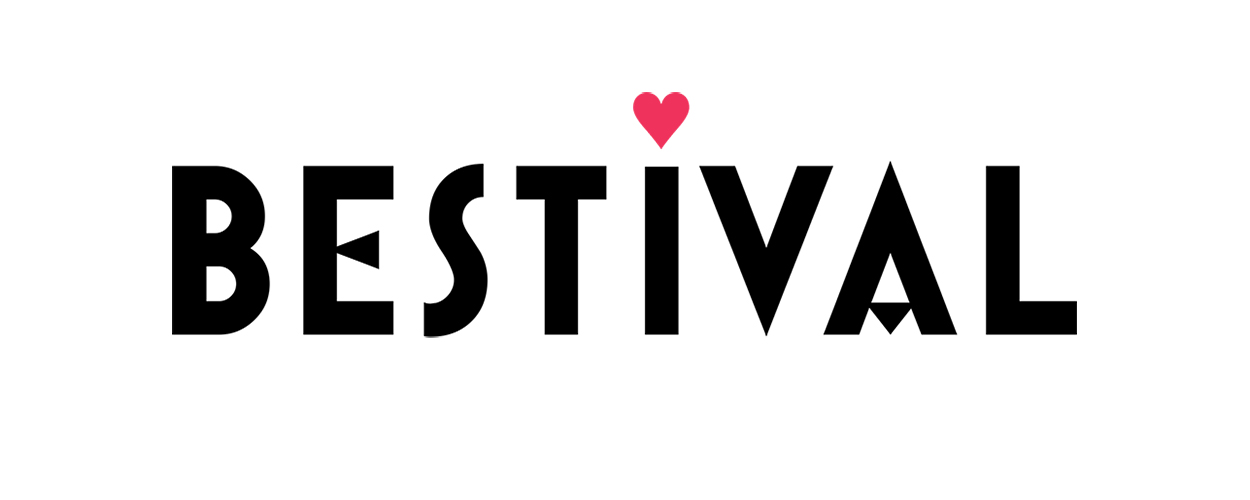This website uses cookies so that we can provide you with the best user experience possible. Cookie information is stored in your browser and performs functions such as recognising you when you return to our website and helping our team to understand which sections of the website you find most interesting and useful.
Business News Legal Live Business
Bestival boss in court over Ticketline advances
By Chris Cooke | Published on Thursday 26 May 2022

Rob da Bank has been in court in London this week in a dispute over money advanced to his former Bestival company by Ticketline. Except, the ticketing company claims, those monies were actually loaned to the Bestival boss on a personal basis, and therefore are still owing despite the Bestival company being wound up.
The company that promoted the Bestival and Camp Bestival festivals went into administration in 2018 after admitting it was facing various “financial challenges”. It was actually forced into administration by another money-lender, which for a short time looked like it might take over the Bestival brand from da Bank – real name Robert Gorham – despite the festival being very closely linked to its co-founders, Gorham and his wife Josie.
However, in the end the Gorhams teamed up with Live Nation and SJM to buy the Bestival brand from that money-lender, albeit in order to continue staging the more family orientated Camp Bestival event, rather than Bestival itself.
This week’s court hearing relates to monies advanced by Ticketline in the two years before the Bestival company went into administration. The ticketing firm says that, although it often advances money to clients that it then recoups from ticket sales, it became aware that the Bestival company was facing financial challenges making any advancing of cash a risky move.
To that end, Ticketline says, when it advanced a million pounds to the festival business via two payments between 2016 and 2018, it did so on the basis that Gorham and his fellow Bestival director John Hughes were personally liable for ensuring that money was repaid.
According to the Daily Mail, Ticketline’s legal rep, Paul Burton, told the court: “By the first quarter of 2016, the [Bestival] group had cash flow problems and identified a need for an injection of approximately £1.5 million to enable it to continue to trade. Ticketline had a high degree of visibility of the group’s financial position. It was not prepared to advance anything like the sum required on an unsecured basis, with repayment being recouped from ticket sales”.
So, instead, Burton claimed, the ticketing firm agreed to lend £750,000 if Gorham and Hughes were personally liable to pay it back. “Notwithstanding the injection of the claimant’s £750,000”, the lawyer went on, “the group was soon back at crisis point and desperately short of funds. As Mr Gorham himself put it in March 2018 ‘we’re on the brink'”.
As work proceeded on Bestival’s 2018 events, “once again the group had a cash flow crisis. Unpaid contractors were demanding payment, failing which they would withdraw their services and the event would not be able to open to the public. There was a concluded oral agreement for him and Mr Hughes to borrow £249,000 so that it could be deployed by the group and literally save the day”.
Some of the monies loaned to the Bestival company by Ticketline were repaid, but £650,000 is still owing. And, as far as the ticketing firm is concerned, the personal liabilities of Gorham and Hughes were clear when those loans were made.
“The claimant would only make the first and second loans available if the defendants were liable to repay”, Burton continued. “If the monies could be repaid by the group, so much the better, but this does not affect the agreement the defendants made”.
Hughes basically agrees with Ticketline regarding his and Gorham’s personal liabilities, according to the Mail. However, Gorham says that he never agreed to any personal loan or to take on any personal liabilities for the monies advanced by Ticketline.
He reportedly told the court: “This was a multi-million pound, very busy business, with me driving the customer-facing side and the artists, [and] a whole raft of things in the festival world. The finance and accounting was not my department”. But, he insisted, “I never signed up for a personal loan”.





